Indigenous voice to parliament: Linda Burney gives more detail on benefits
Indigenous Australians Minister Linda Burney has sought to explain how Indigenous communities would use the voice in order to be heard in Canberra.
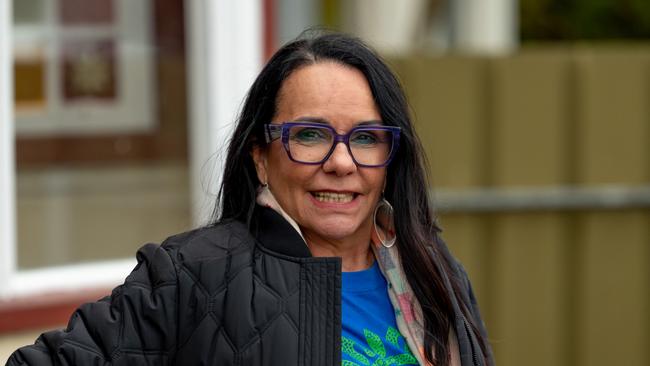
Indigenous Australians Minister Linda Burney has sought to explain how Indigenous communities would use the voice in order to be heard in Canberra, as she further shifts the focus of her public remarks to the practical benefits of the advisory body.
At the University of Tasmania on Monday night, Ms Burney was due to deliver a speech in which she was expected to say: “This is our moment. If we miss this moment we may never get it again.
“Referendums are rare. Look at what happened to the campaign for a republic after 1999 – 24 years have passed and there has been very little progress.”
Ms Burney was expected to say the Indigenous voice to parliament was needed because that is what Aboriginal and Torres Strait Islander people asked for when they created the Uluru Statement from the Heart, and because the “the gap is not closing fast enough”.
Disparity between Indigenous and non-Indigenous Australians is not reducing on track in 15 out of 19 agreed areas, according to data published by the Productivity Commission in June.
“Let’s say a local community identifies a problem, like low school attendance,” Ms Burney was due to say. “The community identifies this is a challenge and wants to explore local solutions. So the community approaches their representative on the voice and raises this issue with them.
“The voice then has the power to make representations on how to improve school attendance in that local community to government and the parliament. It’s about linking up that local decision-making and local knowledge with policymakers in government.”
Ms Burney’s sharpened focus on the practical change the voice could make to the lives of disadvantaged Indigenous Australians comes as the Yes campaign picked up its tempo in Western Australia. She is due to campaign in the state for five days.
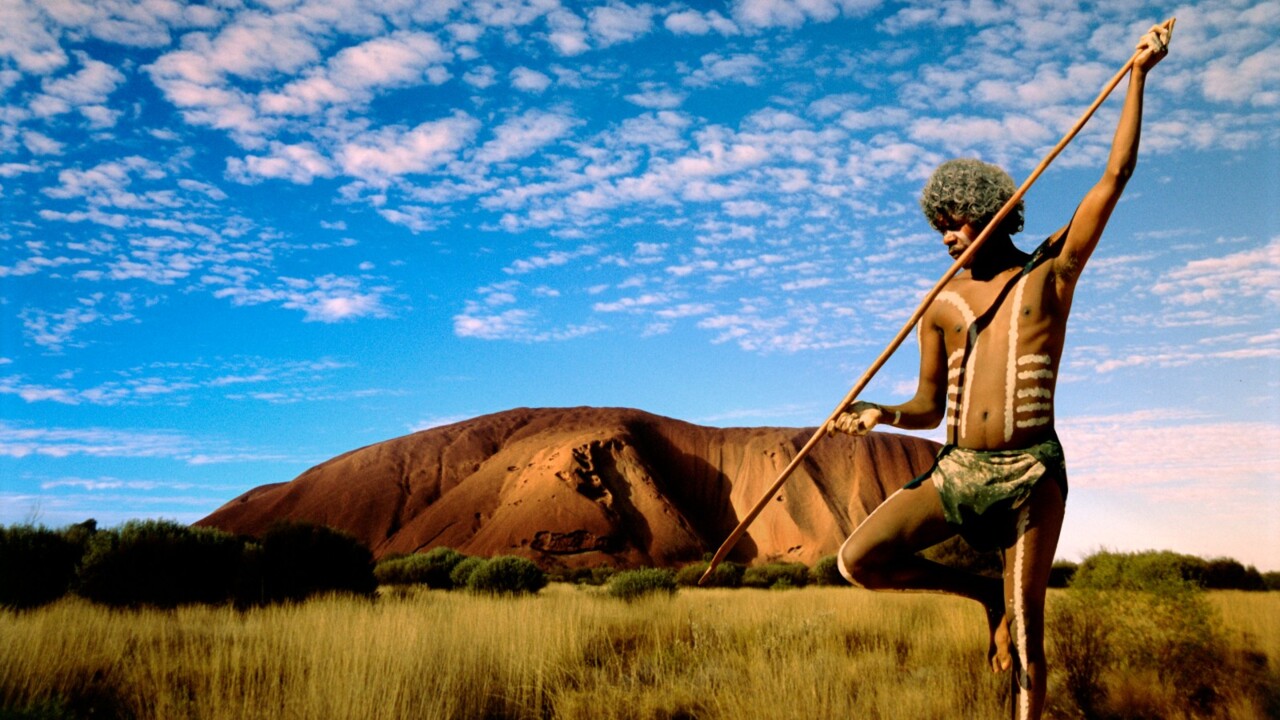
On Monday night in Perth, Robert French – former chief justice of the High Court – was due to speak about the voice to some 500 guests in a panel discussion hosted by independent MP Kate Chaney. Ms Chaney holds the formerl Liberal seat of Curtin in Perth’s western suburbs.
In Justice French’s speaking notes, obtained by The Australian, he describes the voice proposal as “a once-in-a-lifetime opportunity for Australia to fill a gaping hole in our Constitution – to recognise our first history and the First Peoples who bear it and the painful legacy of its collision with the second history of colonisation.
“The high return against low risk is that the voice will provide a practical opportunity for First Peoples to give informed and coherent and reliable advice to the parliament and the executive to assist them in law and policy making in one of the most difficult areas of contemporary government,” Justice French writes.
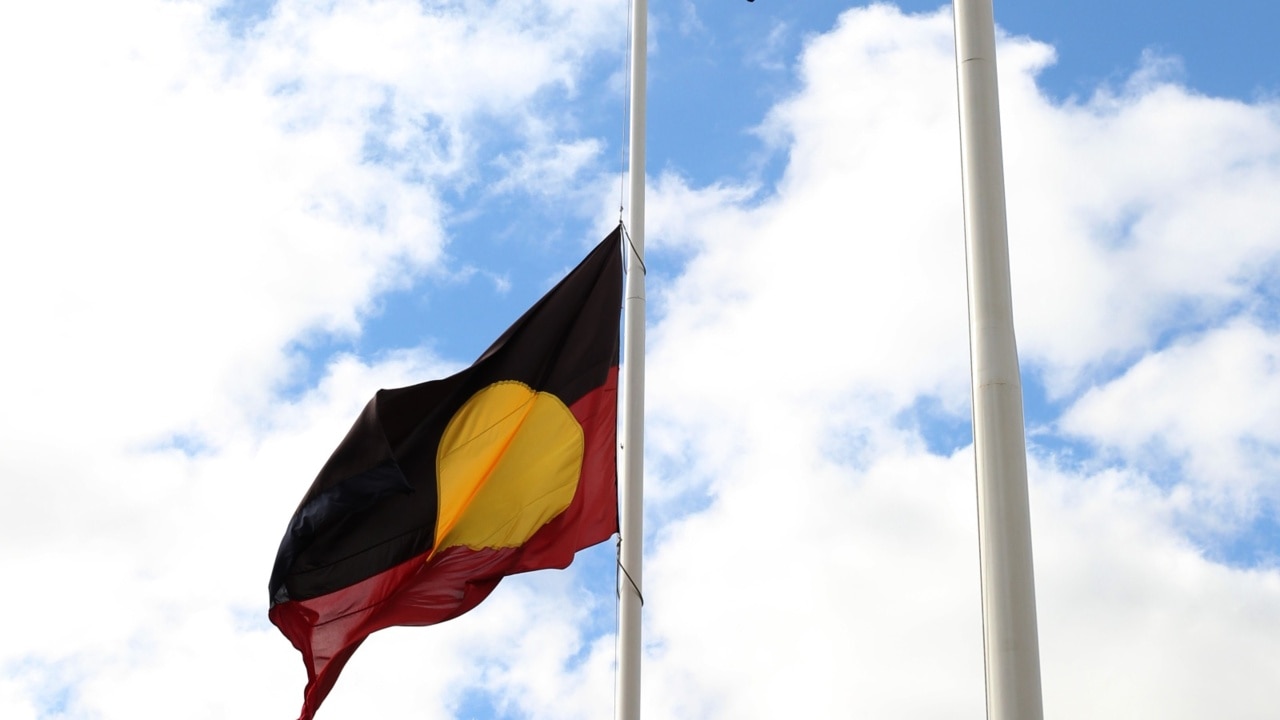
He points out that constitutional change always tends to attract significant debate.
“There was debate and a degree of uncertainty about the creation of the federation and the Constitution itself,” he writes.
“The radical newspaper Tocsin, published in Melbourne in 1898 on the eve of the Victorian referendum to decide if they would join the federation, saw it as a scheme of ‘the conservative riff-raff of the continent … sitting in Melbourne deliberately selling our hard-won birthright’.”
Justice French’s notes say it was right to assess risk and return when looking to constitutional change “but no lawyer can offer absolute certainty in the answer to any legal question”.
“If your lawyer tells you (that) you are certain to win your case, you should change your lawyer,” he said.


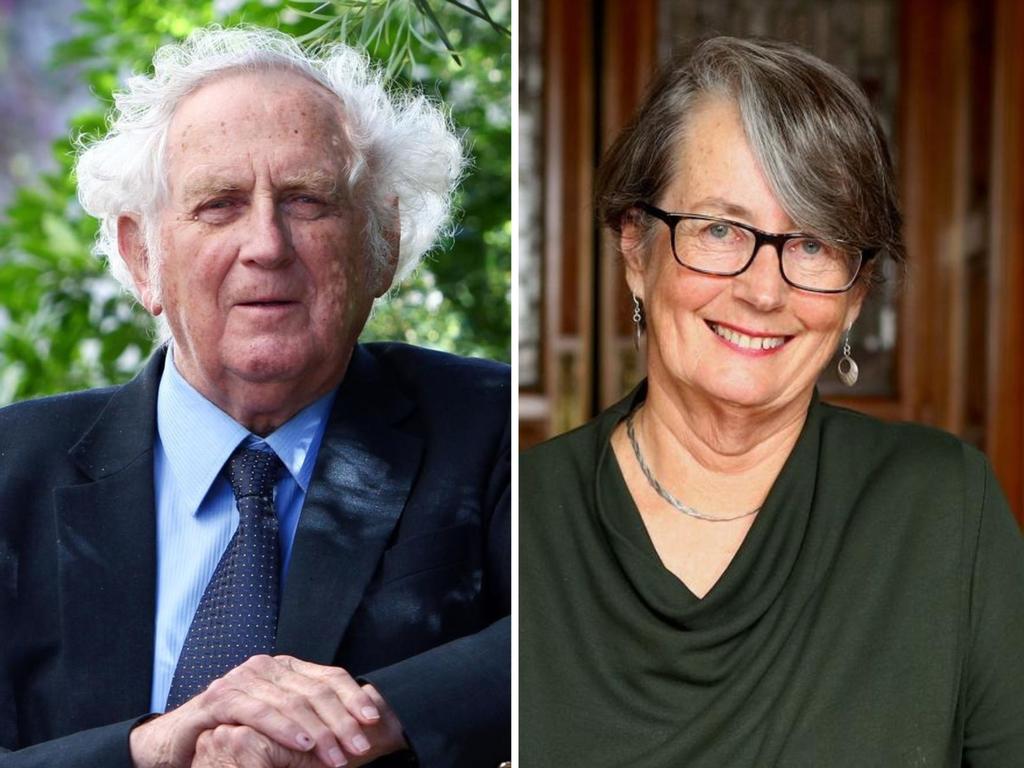
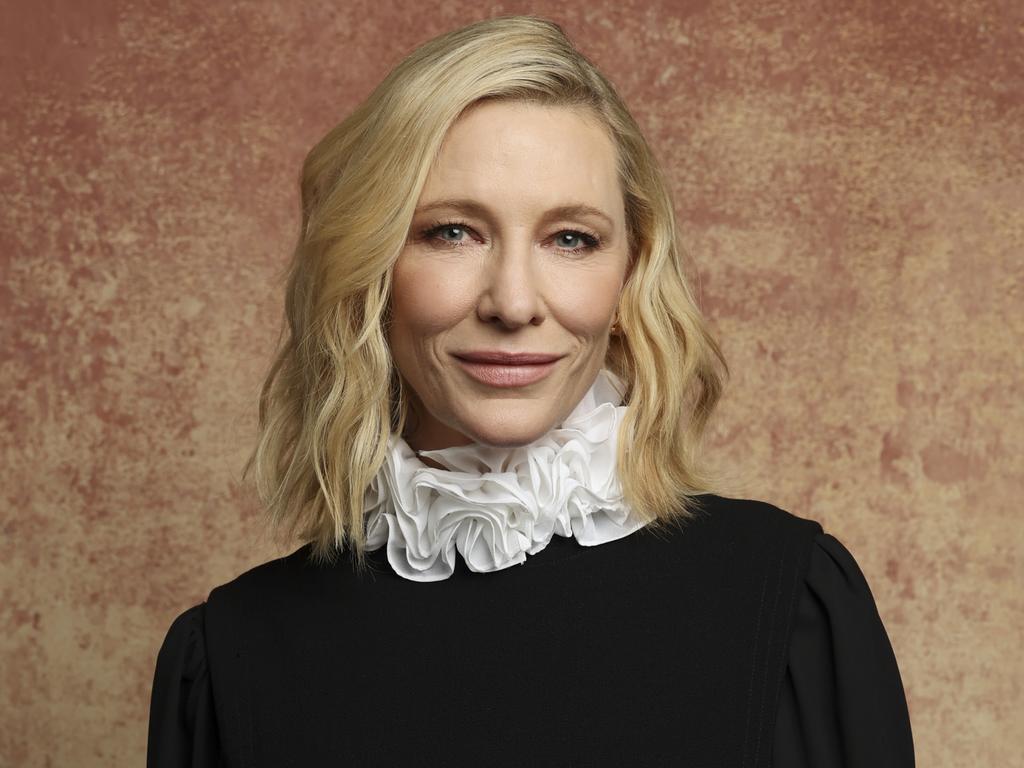




To join the conversation, please log in. Don't have an account? Register
Join the conversation, you are commenting as Logout